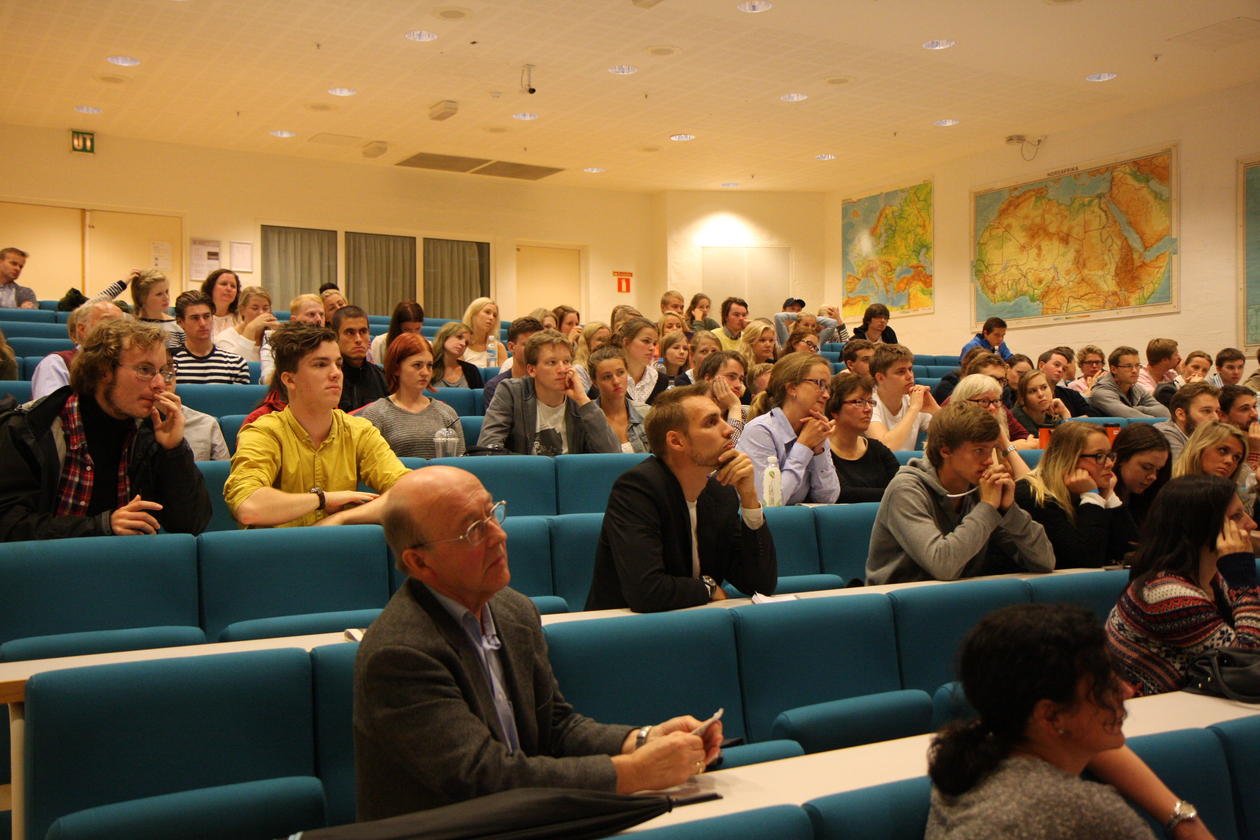Department presentation
Administration and Organization Theory is the comparative analysis of politics, administration, and organization. The field is political science and it is founded on political and social theories.
Main content
Emphasis is placed on developing insight and knowledge in a) the relationship between organization and individual, and b) the relationship between organization and environment.
This is achieved largely through theoretically oriented and empirically based research on formal, complex organizations. A basic starting point is that the manner in which people think and act is to a large extent shaped by existing institutional arrangements and the organizational context in which they operate. The manner in which something is organized and what effects it has is important to study. Further, the organizational context is affected and even shaped by individual actions. In a similar vein, organizations must be understood and studied in relation to their surroundings - including the historical context.
A key concern refers to the question of the reciprocal effects of institutional and contextual factors, which means that the relationship between state and society is of particular interest. In order to understand the content of public policy as well as its impact upon society, we must study the interactions between actors and structures; the organization of governance; and the effects at the macro, meso and micro levels.
This knowledge and insight is drawn upon in the study of political and administrative structures and processes. Focus is the content of public policies and the clarification of the main features of various organizational forms; the effects of different organizational forms; the factors and processes that shape, maintain and produce changes in organizational forms; and the normative basis of organizational forms.
Central objects of study are organizational forms and processes: a) at the political-administrative system of governance, from the local to the supra-national level, b) within and between different groups in society, c) between the political-administrative governing structure and various social groups.
The Department does research over a wide area of empirical fields. The educational sector, the health- and social sector, the environmental sector, the transport and communication sector, the ICT-sector, the aid sector, the municipal sector and the military defence sector are all well represented projects at the Department. The projects are often comparative, and knowledge is developed through comparison to the Nordic countries, the rest of Europe, and countries in Southern Africa, Central and North America, Australia/New Zealand, and in Asia. Of great value for the Department is also the research done by PhD- and master students supervised by the academic staff.
The field of study is aimed at familiarising students with classical problems in political science and political theory such as: the relationship between state and society; organization and individual; professionalization; the division of responsibility between the public and private sectors; democratisation; the nature of politics; the relation between politics and administration; conditions for governance; leadership, steering, and management; what are characteristic features of different systems of governance and their normative foundations; ethical issues; and what the relationship is between the values to be realised and the systems of governance that are employed. The field of study is directed to the clarification of how different organizational forms affect the content of decisions, how they are implemented, and what the consequences are.
The Department fully recognises the importance of seeking to broaden the basis of knowledge through research and to lay the foundation for the recruitment of new researchers. Such knowledge is also a necessary prerequisite for the emergence of a group of professionals who possess the academic qualifications required to address and handle problems in society related to administration and organization.


